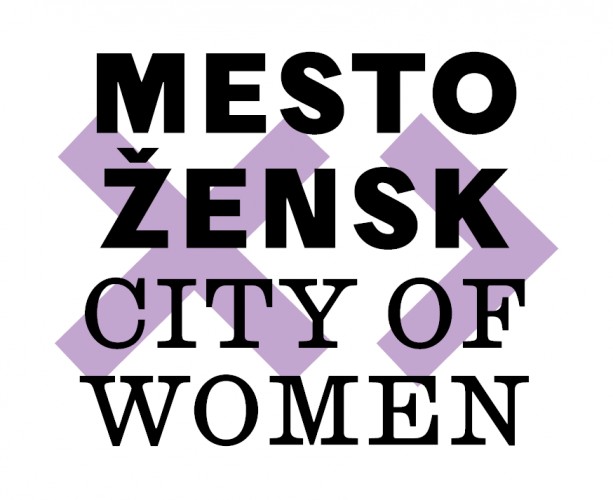If the limitations of my language are the limitations of my world, then the infinitude of my dialect is the infinitude of my space. And if, just a few decades ago, dialects were the ridiculed leftovers of the past, today they represent the environment in which the most provocative modern tales are being born. Although it seems that English will devour us all, local languages are once again present in popular music. Uršula Ramoveš, with the language of music, and Janez Ramoveš, with the language of dialect, reveal the world through the experience of the Poljanska Valley. Modern tales are hidden in local stories and a seemingly archaic sonority. Seemingly simple, but effective.
Uršula's setting of Janez Ramoveš's tales to music is diverse. A bit of chanson, a bit of cabaret, echoes of jazz and precise solo singing that acts as a kind of folk-singing, though in reality it is as far from it as most other contemporary music is. The accordion conjures up a scene of petulance, and later we are greeted by a voice that leaves no doubts: this is the sound of the muses, rollicking with the simplicity of artistic experience.
It was clear with the release of her self-published record Sugar Free Baby, Uršula Ramoveš's handicraft product from the year 2000, that she will take us on a musical adventure, though it's still unclear how it develop in the future. Titled Na sunčn dan sm se z beciklam pelu (I was riding a bicycle on a sunny day), a recent offering of the Sanje publishing house, this new masterpiece is similarly diverse. The masterful imprint of Uršula Ramoveš's vocals and the sharp lyrics of Janez Ramoveš, author of a string of successful books of poetry (Božjastnice [Epileptic Women], Striptiz namesto Kim Basinger [Striptease instead of Kim Basinger], Poročilo iz geta [Report from the ghetto] and Moja velika debela mama [My big fat mama]), have been accentuated by guest musicians and singers; the result is music that seems to approach the ancient ideal of an integral artistic work.
The subtle modulation of Uršula Ramoveš's voice in itself is fascinating, as it rambles effortlessly through the soundscape with no instrumental accompaniment. But then, of course, there are years of solo training in her voice. As a singer, she captivates the audience with her voice, which she uses like an instrument. This in no way means that we could neglect the words and their message. Both voice and words, together with additional artistic effects of original creativity, are what Uršula Ramoveš offers us in a time not all that favourable to simple handicraft artistry.
Rajko Muršič


